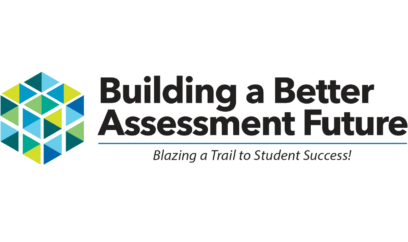
Building a Better Assessment Future 2025
August 5 - 6, 2025At the 2025 Building a Better Assessment Future conference, we are placing students at the center of our assessment systems, practices, and policies. Join us…

Featured Presentation
A key challenge in shaping science learning for the 21st century will be to develop new measures of learning that take into account what it means to be proficient in science (Pellegrino, 2013). The emergent view on proficiency, grounded in learning sciences research, emphasizes using and applying knowledge in the context of disciplinary practices. Referred to as knowledge-in-use, this perspective on science proficiency is a centerpiece of the National Research Council’s (NRC) Framework for K-12 Science Education (NRC, 2012), embodied in the new U.S. national standards (NGSS Lead States, 2013) and emphasized in the NRC report on developing assessments to measure science proficiency (Pellegrino, Wilson, Koenig, & Beatty, 2014). Central to this view is that disciplinary content and practices should be integrated so that as students apply knowledge to make sense of phenomena and solve problems, they deepen. In this presentation, we describe a systematic and scalable approach for designing assessment items that measure student proficiency with new science learning goals that blend disciplinary core ideas and crosscutting concepts with practices. In doing so we also consider how this approach relates to the process of building coherent systems of science assessment that operate across levels from the classroom to district and state monitoring levels, including some of the options for building such a system from the “bottom up.”
Framing Questions
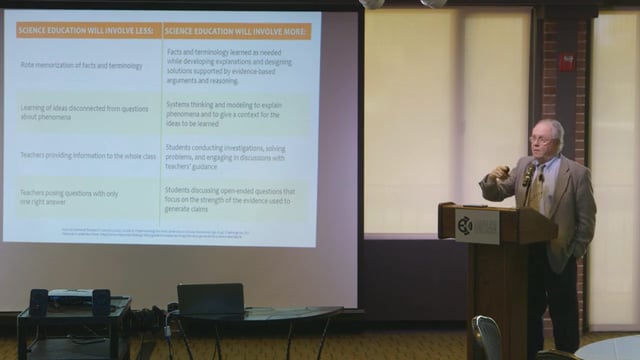
Measuring what Matters: Opportunities and Challenges in the Equitable Assessment of Science Proficiency
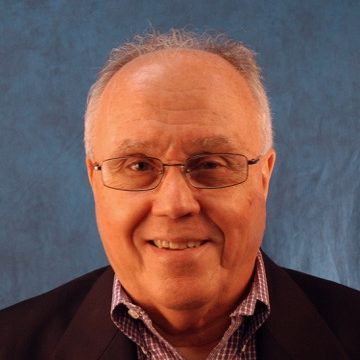
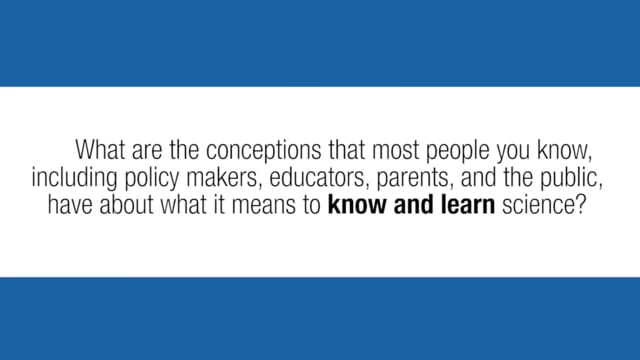
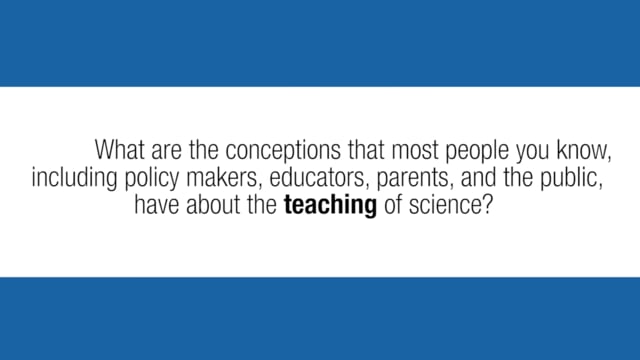
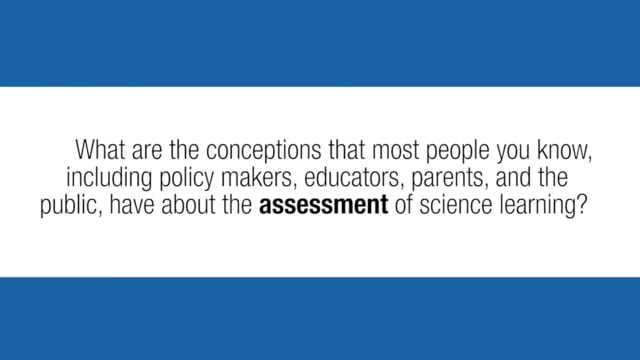
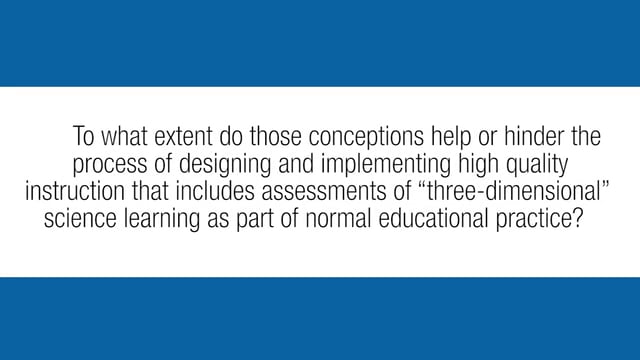
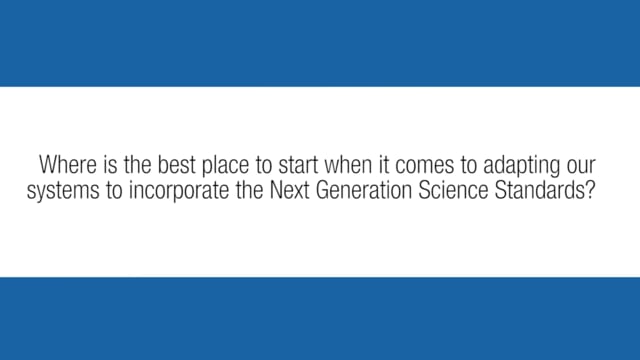
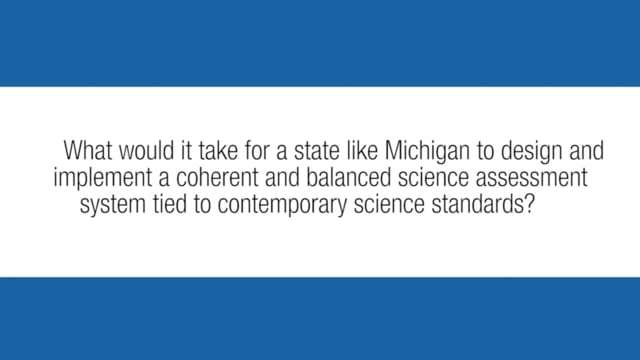
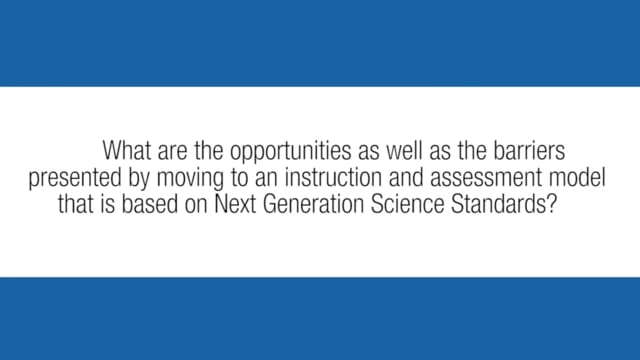
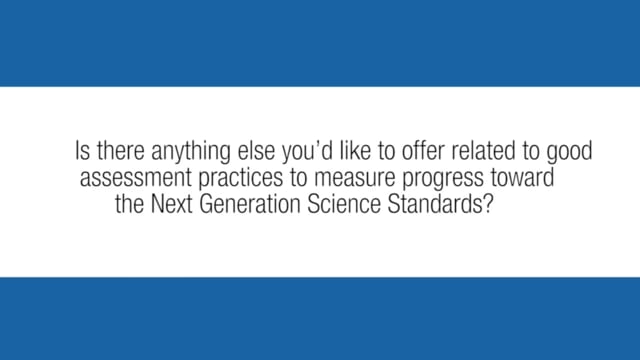
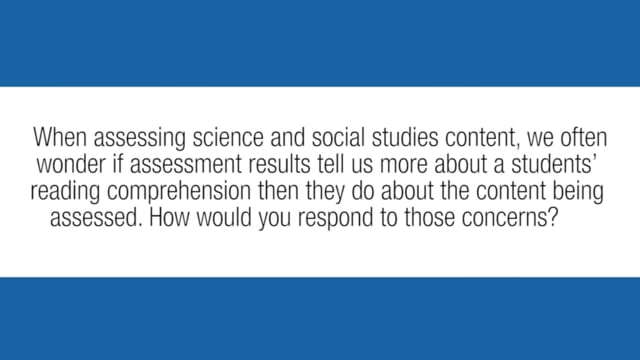

At the 2025 Building a Better Assessment Future conference, we are placing students at the center of our assessment systems, practices, and policies. Join us…
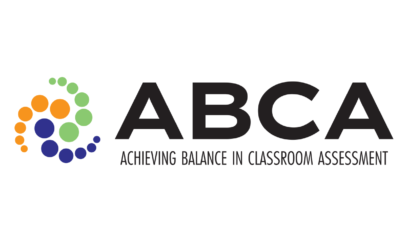
Facilitate classroom-level, assessment-literate practice to improve student learning & achievement! Districts that implement—with fidelity—quality balanced assessment systems in every classroom show improved student learning and…
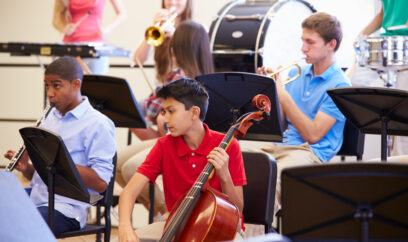
The Assessment Learning Network (ALN) kicks off the 2025-26 season with an in-person session that includes learning, networking, and a luncheon. Art is a…
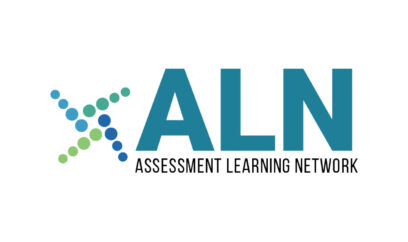
Note: to register for a Season Pass (and save money!), click the button at right. To register for individual sessions, click the session title in…